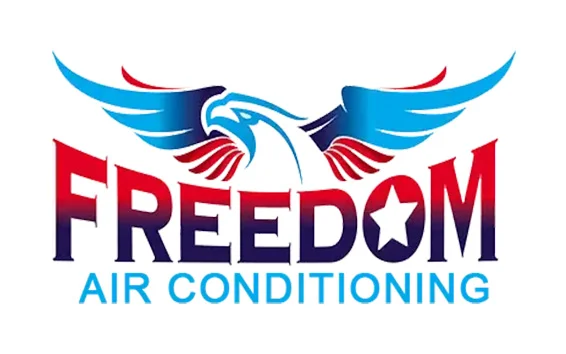Frequently Asked HVAC System Questions
HVAC stands for Heating, Ventilation, and Air Conditioning. It refers to the systems used for maintaining indoor comfort through temperature regulation, air flow, and air quality.
It’s recommended to have your HVAC system serviced twice a year—once in the spring for cooling and once in the fall for heating. Regular maintenance helps extend the life of your system and improves its efficiency.
If your system is over 10 years old, requires frequent repairs, or isn’t keeping your home comfortable, it might be time for a replacement. Otherwise, repairs can often address specific issues.
Frequently Asked Air Conditioning Questions
Warm air can be caused by several issues, such as a low refrigerant level, a dirty air filter, or a malfunctioning compressor. It’s best to have a professional diagnose the exact cause.
Regular maintenance, such as changing air filters and cleaning condenser coils, can help. Additionally, using a programmable thermostat and ensuring proper insulation can reduce energy usage.
For energy efficiency, the U.S. Department of Energy recommends setting your thermostat to 78°F when you’re at home and higher when you’re away during the summer months.
Frequently Asked Heating Questions
Yes, even though Florida is known for its warm climate, temperatures can drop in the winter. Having a heating system ensures comfort during cooler months, especially in Northern Florida.
Heat pumps are popular in Florida because they provide both heating and cooling, making them ideal for mild winters and hot summers.
Usage will vary, but typically a few times during the winter months is sufficient. Regular maintenance is still important to ensure it functions properly when needed.
Frequently Asked Air Quality Questions
Using high-quality air filters, installing air purifiers, and ensuring proper ventilation can significantly improve indoor air quality. Regular duct cleaning also helps.
The ideal humidity level is between 40-60%. Dehumidifiers can help maintain this range, which is important for comfort and preventing mold growth.
Yes, air purifiers with HEPA filters can reduce allergens like pollen, pet dander, and dust, which is especially helpful for those with allergies or asthma.
Frequently Asked Maintenance Questions
In Florida’s climate, it’s recommended to change air filters every 1-3 months. Homes with pets or allergies may need more frequent changes.
A maintenance visit includes checking thermostat settings, inspecting electrical connections, cleaning or replacing air filters, lubricating moving parts, and testing overall system performance.
You can handle some tasks, like changing filters and keeping vents clear. However, a professional should perform comprehensive inspections and servicing.
Frequently Asked Energy Efficiency Questions
Regular maintenance, using a programmable thermostat, sealing duct leaks, and ensuring proper insulation are all effective ways to improve efficiency and lower costs.
Yes, systems like heat pumps and Energy Star-rated units are highly efficient for Florida’s climate. Upgrading to a more efficient system can also qualify you for tax credits and rebates.
SEER stands for Seasonal Energy Efficiency Ratio. It measures the efficiency of an AC unit—the higher the SEER rating, the more energy-efficient the system. Florida law requires a minimum SEER of 14.
Frequently Asked Troubleshooting Questions
Why does my HVAC system make strange noises?
Noises can indicate various issues, such as loose parts, a failing motor, or debris in the system. It’s best to have a professional inspect it to identify the cause.
Check the thermostat settings, ensure the air filter is clean, and inspect the outdoor unit for obstructions. If it still isn’t cooling, schedule a service appointment.
This could be due to a dirty air filter, thermostat issues, or an oversized system. Short cycling can increase wear and tear, so it’s important to address it promptly.


